Literature Vocabulary Development With Answer Key Introductory Course acquire this ebook elements of literature vocabulary development with answer key introductory course is additionally useful. You have remained in right site to begin getting this info. Get the elements of literature vocabulary development with answer key introductory course. Prestwick House offers a series, Vocabulary from Literature, that collects vocabulary words from specific titles and packages them in chapter-by-chapter lessons. Not all the words in each unit can be described as AP-level, but you might find them useful. Popular units include The Great Gatsby, To Kill a Mockingbird, Frankenstein, and more. Learning vocabulary is essential for learning any language, but it can be difficult to memorize without resources. Busyteacher.org offers 14,321 printable vocabulary worksheets in several different categories, all of which are great for you to use with your students. Vocabulary is a key component in helping students with word building. Teaching vocabulary is an activity to acquire some new words to improve the language. Before teaching the students, the teacher should consider how to present vocabulary in class, it is necessary in making lesson plan. Before presenting vocabulary, the teacher should consider the factors as the foundation in presenting vocabulary.
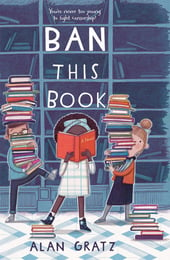
Standards
- ELAGSE11-12RI1 Cite strong and thorough textual evidence to support analysis of what the text says explicitly as well as inferences drawn from the text, including determining where the text leaves matters uncertain. Georgia ELA
- ELAGSE11-12RI3 Analyze a complex set of ideas or sequence of events and explain how specific individuals, ideas, or events interact and develop over the course of the text. Georgia ELA
- ELAGSE11-12RI2 Determine two or more central ideas of a text and analyze their development over the course of the text, including how they interact and build on one another to provide a complex analysis; provide an objective summary of the text. Georgia ELA
Learning Target
Students will examine Orwell’s “Shooting an Elephant” and perform a SOAPSTone analysis to consider the effects of mass hysteria.
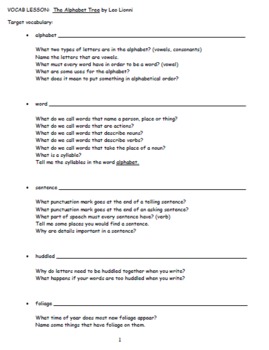
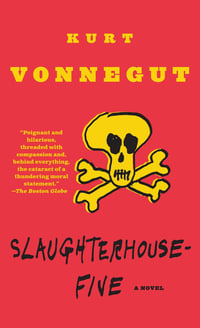
Opening Session
VOCAB! Take ten minutes to define these words and then let’s unpack them together:
- Hysteria
- Allegory
- Puritanism
- Crucible **Get both definitions!
- Juxtapose
- Paranoia
- Persecute
- Creed
- Heathen
- Partisan
Work Session
After we do vocab, we’re going to be reading an essay by a guy named George Orwell. If you ever read Animal Farm or 1984, this is the same author! Today we’re reading “Shooting an Elephant.”
I’m giving you copies of the text, so I want you to read and annotate as you go. You may NOT use a highlighter – use a pen or pencil to underline, circle, make notes in the margins, etc. The reason I’m saying no highlighters is because you’re not allowed to have them on the AP test 🙂
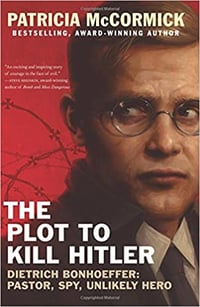
We’re going to use a reading strategy called SOAPSTone to talk about this essay today.
- Speaker
- Occasion
- Audience
- Purpose
- Subject
- Tone
Make a chart with all those letters on your own paper, and we’ll go through each of them together so you have a solid understanding of the essay.
After reading, annotating, and SOAPSTone-ing, I want you to answer some critical reading questions, which I’ll put on the board for you to answer on your own paper.
Closing Session
Think-Pair-Share: Think for a minute about how the concept of hysteria applies to the essay we read today. Discuss what you think with a partner, and then we’ll take a few volunteers to share.
Assessment
Formative (reading questions, class discussions)
Differentiation
Process (Scaffolding, annotated text as needed)
Standards
- ELAGSE11-12RI1 Cite strong and thorough textual evidence to support analysis of what the text says explicitly as well as inferences drawn from the text, including determining where the text leaves matters uncertain. Georgia ELA
- ELAGSE11-12RI3 Analyze a complex set of ideas or sequence of events and explain how specific individuals, ideas, or events interact and develop over the course of the text. Georgia ELA
- ELAGSE11-12RI2 Determine two or more central ideas of a text and analyze their development over the course of the text, including how they interact and build on one another to provide a complex analysis; provide an objective summary of the text. Georgia ELA
Learning Target
Students will examine Orwell’s “Shooting an Elephant” and perform a SOAPSTone analysis to consider the effects of mass hysteria.
Opening Session
VOCAB! Take ten minutes to define these words and then let’s unpack them together:
- Hysteria
- Allegory
- Puritanism
- Crucible **Get both definitions!
- Juxtapose
- Paranoia
- Persecute
- Creed
- Heathen
- Partisan
Work Session
After we do vocab, we’re going to be reading an essay by a guy named George Orwell. If you ever read Animal Farm or 1984, this is the same author! Today we’re reading “Shooting an Elephant.”
I’m giving you copies of the text, so I want you to read and annotate as you go. You may NOT use a highlighter – use a pen or pencil to underline, circle, make notes in the margins, etc. The reason I’m saying no highlighters is because you’re not allowed to have them on the AP test 🙂
We’re going to use a reading strategy called SOAPSTone to talk about this essay today.
- Speaker
- Occasion
- Audience
- Purpose
- Subject
- Tone
Make a chart with all those letters on your own paper, and we’ll go through each of them together so you have a solid understanding of the essay.
After reading, annotating, and SOAPSTone-ing, I want you to answer some critical reading questions, which I’ll put on the board for you to answer on your own paper.
Vocabulary Listsmac's Literature Classes 2020
Closing Session
Think-Pair-Share: Think for a minute about how the concept of hysteria applies to the essay we read today. Discuss what you think with a partner, and then we’ll take a few volunteers to share.
Vocabulary Listsmac's Literature Classes Free
Assessment
Formative (reading questions, class discussions)
Vocabulary Listsmac's Literature Classes 2019
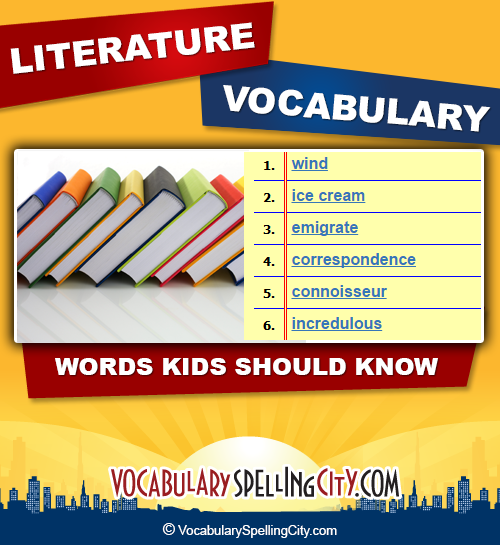
Vocabulary Listsmac's Literature Classes Online
Differentiation
Process (Scaffolding, annotated text as needed)
